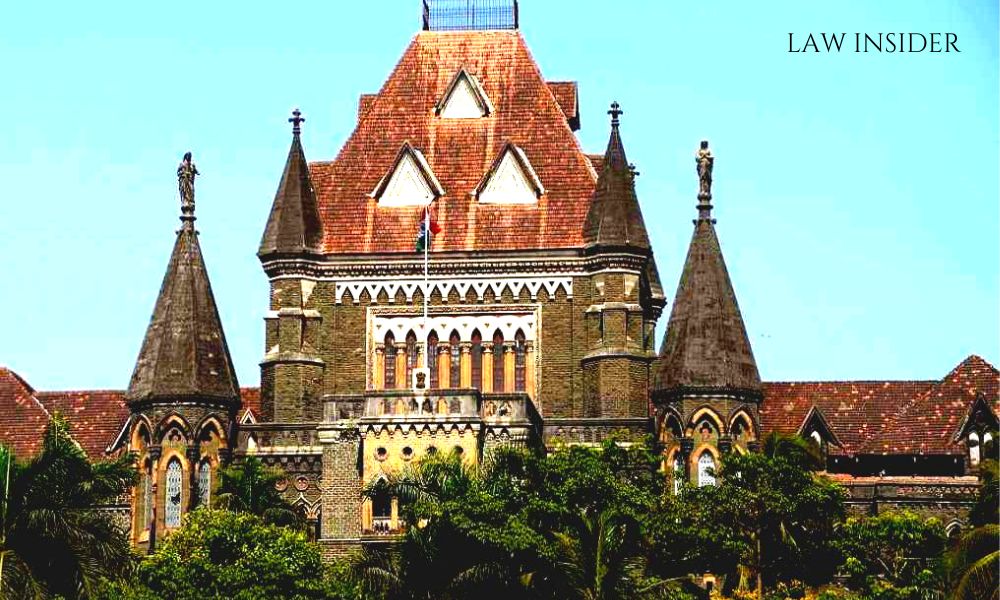LI Network
Published on: 20 September 2023 at 12:11 IST
The Bombay High Court has granted bail to a 22-year-old man who was booked for the possession of a commercial quantity of Ganja (cannabis).
The decision followed the seizure of 50 kgs of Ganja from his home, which took place between sunset and sunrise. The seizure was based on information provided by another accused.
Justice Anuja Prabhudessai, presiding over the case, noted that the seizure was not a random discovery, and there was no evidence to indicate that the officer had a reasonable belief that obtaining a search warrant between sunset and sunrise was necessary to prevent the offender from escaping.
Justice Prabhudessai stated, “The said information was given at about 3.00 p.m., and the search and seizure were conducted after sunset. It is not the case of the prosecution that the empowered officer did not have sufficient time to obtain a warrant or authorization without affording an opportunity to the Applicant to escape or conceal the evidence. The concerned officer has not recorded reasons for such belief in terms of the proviso to Section 42(1) of the NDPS Act.”
The applicant, Shivraj Satpute, faced charges under Sections 8(c), 20(c), and 29 of the Narcotic Drugs and Psychotropic Substances Act, 1985 (NDPS Act).
Also Read: Important Provisions of NDPS Act, 1985 – Law Insider India
Case Background:
According to the prosecution, on July 1, 2021, the Anti-Narcotic Cell conducted a personal search of Vinod Shinde, who was behaving suspiciously, and recovered 22 kgs of Ganja. Shinde, upon seeing the police, attempted to flee while carrying two bags.
Based on information provided by Shinde, the police arrested Samadhan Tawde and allegedly seized another 10 kgs of Ganja from him. Following Tawde’s information, the police claimed to have discovered and seized an additional 50 kgs of Ganja from Shivraj Satpute’s residence in Ahmednagar. Satpute was arrested on July 6, 2021, and a charge sheet was subsequently filed against him.
The Sessions Court denied Satpute’s bail application on June 22, 2022, leading to the current bail application.
Advocate Aashish Satpute, representing the applicant, argued that the search conducted between sunset and sunrise did not comply with Section 42(2) of the NDPS Act. He contended that there was a failure to follow the mandatory procedure for seizure and sample collection, which raised doubts about the legality of the seizure.
Additionally, he pointed out that while the NDPS Act defines Ganja as the flowering or fruiting tops of the cannabis plant, a chemical analysis report indicated the presence of seeds, raising doubts about the quantity of the seized contraband.
Assistant Public Prosecutor AA Takalkar, representing the State, argued that the seizure of the contraband was based on information provided by a co-accused, which led to the person and place associated with the contraband. However, there was no specific information about the contraband itself.
As a result, Takalkar argued that it was a chance discovery, and compliance with the procedure under Section 42 of the NDPS Act was unnecessary. She maintained that the seizure involved a commercial quantity of Ganja, and any discrepancies should be addressed during the trial.
Section 42(1) of the NDPS Act allows searches between sunset and sunrise without a warrant, provided there is a reasonable belief that obtaining a warrant is necessary to prevent the offender from escaping. This belief must be recorded.
The court noted that prima facie, this was not a case of a chance discovery, as the seizure was based on specific information provided by a co-accused.
The court observed that the house search had taken place between sunset and sunrise, without a warrant or authorization. Thus, prima facie, the search and seizure violated the mandatory provisions of Section 42 of the NDPS Act, casting doubt on the legality of the seizure.
Additionally, the records indicated that the Investigating Agency had taken samples of the contraband without following Section 52(A) of the NDPS Act.
The court referred to the case of Simranjit Singh V. State of Punjab, where the Supreme Court had observed that drawing samples from all the packets at the time of seizure was not in conformity with the law and raised doubts about the substance being contraband.
Given the reasonable doubt surrounding the Applicant’s involvement in the alleged crime and the anticipated lengthy duration of the trial, the court directed his release on bail with a sum of Rs. 50,000/- and one or two sureties of the same amount, considering the accused’s young age and lack of criminal history.
Case Title: Shivraj Gorakh Satpute v. State of Maharashtra

